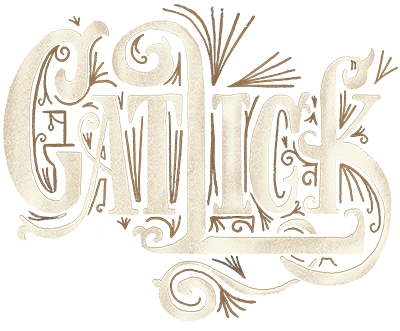Bonus Vault Content

atlanta > thomasville
“Thomasville is the county seat of Thomas County, Georgia, United States. The population was 18,413 at the 2010 United States Census, making it the second largest city in southwest Georgia after Albany.
The city deems itself the "City of Roses" and holds an annual Rose Festival. The city features plantations open to the public, a historic downtown, a large farmer's market, and an oak tree from about 1680.”
Copy via Wikipedia
thomas co., georgia
Photo courtesy of John Trainor
the big oak
In Thomasville, a 300+ year old live oak tree stands at the corner of Monroe and Crawford streets. Arborists estimate the tree being planted sometime around 1680.
Photo from 2007. Courtesy of Brian Ragsdale.
Greenwood plantation
Thomasville, Georgia
Photo courtesy of Claire Timm
history of thomas county georgia
This book covers the history of Thomas Co. “from the time of Desoto to the Civil War” and is a free download on Google Play.
the mitchell house
In 1875, Thomas C. Mitchell built a luxury hotel designed to accommodate northerners wintering in the American south.
“In addition to balls and concerts, carriage drives, golf, horse-racing, bicycling and quail hunting became favored pastimes. Winter residents built more than 50 elaborate ‘cottages’ in Thomasville and the most prominent purchased declining antebellum cotton plantations in the surrounding area and transformed them into splendid shooting plantations.”
Thomas C. Mitchell was the father of W.H. Mitchell.
Photo and copy via The Tallahassee Democrat
“a deep-laid plot”
This the first known story about the abduction of Lucile Linton. It appeared in the Atlanta Constitution on September 25, 1908. At this point, it was being reported that her abductor was a “white man in disguise,” but the identity of the man still wasn’t known. Initial reports claimed robbery as the motive, but this would be disputed months later at trial.
mitchell shot by “would be assassin”
On September 26, 1908, the Atlanta Georgian reported on the murder attempt against W.H. Mitchell, “one of the most prominent men in Thomasville.”
W.h. mitchell
This illustration of W.H. Mitchell appeared in the Atlanta Constitution in 1909.
“in the hands of a demon”
The Macon Daily Telegraph printed this report ten days after the abduction of Lucille Linton (Oct. 4, 1908).
It notes Lucile Linton’s claim that she’d been abducted by “a prominent young man.” W.H. Mitchell is only named in the article as the victim of a shooting.
front page news
By late October, the story of Lucille Linton’s abduction and the upcoming trial of W.H. Mitchell was a sensation. One of Atlanta’s top dailies, the Atlanta Georgian, offered front page coverage.
vashti house
The night of Lucile Linton’s abduction, she was taken to a home for girls called the Vashti House (pictured above).
“The vision for Vashti came through Annie Heath’s encounter with a homeless girl in the streets of Thomasville in 1903. A Methodist missionary, Miss Heath felt the call to create a home for and educate girls in need.”
Today the vision of the Vashti House lives on in Thomasville. The non-profit Vashti Center exists to serve “children and youth with a variety of challenges.” Click here to read more about the history of the Vashti House.
Photo and copy via the Vashti Center
portrait of w.h. mitchell
This photo of W.H. Mitchell appeared in the December 5, 1908, edition of the Atlanta Georgian.
“queer acts described by friends”
This was the headline of an article in the Atlanta Constitution the day after the verdict against Mitchell was rendered (Dec. 7, 1908).
“for the protection of the women of georgia”
After being found guilty of assault and battery, W.H. Mitchell’s legal team sought a commutation of his sentence, arguing that his punishment should be a mere $500 fine. This article from the Americus Weekly Times-Recorder makes it clear that Lucile Linton staunchly opposed this notion.















